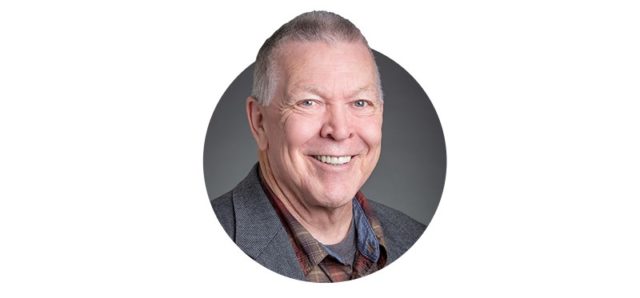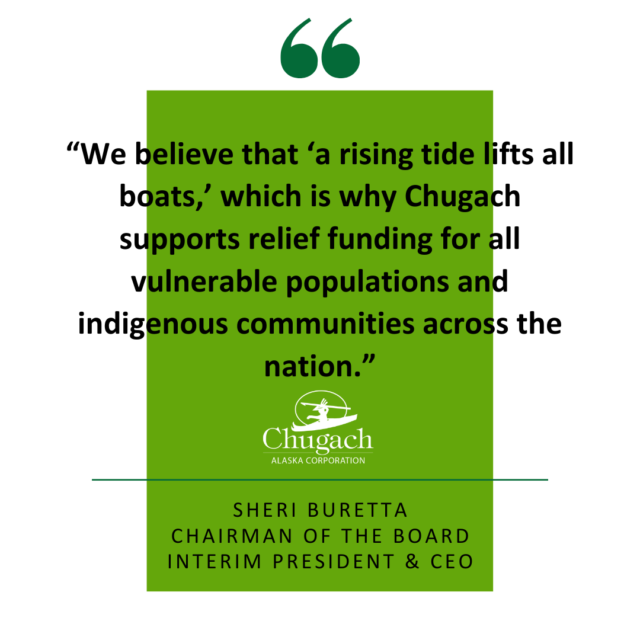The small city of Seward has always been a fishing town. Our people and economy relied almost entirely on fishing and tourism. At the time of the spill, I sat on the Board as president of the Seward Life Action Council, an agency that managed a number of public health and social service programs. We witnessed how the spill not only caused irreparable damage to the ecosystem and the commercial, sport and subsistence use of our once bountiful ocean resources; but also left devastating mental health issues in its wake.
Some people lost everything. The only jobs available became those working on the spill clean-up efforts. Some refused to work on the clean-up, feeling it was wrong to draw a wage from the industry that caused the spill. Others made a fortune leasing their boats to individuals working on the spill clean-up. This created a huge divide in my small town and tested relationships – sometimes pitting father and son, brother and sister and others at odds with one another. The community was hit with a great depression, as drinking and domestic violence increased. Other communities suffered a similar fate, including in the Chugach region: Tatitlek, Chenega, Cordova, Valdez, Port Graham and Nanwalek.
Seward was the site of the otter clean-up facility, located where the Alaska Sealife Center sits today, a facility initially funded from the EVOS trust. At the time of the spill I worked across the street, and from our office we could hear the otters screaming and crying all day. I felt like weeping with them as I saw how my community was harmed by the spill and its aftermath. The litigation filed by 38,000 plaintiffs wasn’t settled until 1998, and was decreased form the initial award of $5.287 billion to a mere $507.5 million. Many, including my parents, had died before final settlement payments were made.
It’s been 31 years since the spill, and while many people are unaware, restoration work continues. Exxon paid $900 million to the Exxon Valdez Oil Spill (EVOS) Trust, which was formed in 1991. These funds were intended to be used for restoration and rehabilitation in the spill-impacted area. Roughly $200 million remains in the account today. Most of the funds have gone towards the purchase of lands in the spill area, primarily Native lands. Those lands were deeded to the federal government and had conservation easements on the surface. However, in the case of the Chugach region, the regional corporation still owned the subsurface estate creating a conflict with land management. Many of the village corporation leaders felt they had no choice other than to sell their lands, given they had few options to generate much-needed financial assistance after the devastation of the spill. The purchase of Native lands was controversial at the time, and it still is today. Instead of Native lands in Native hands, it became Native lands in government hands.
Now, to add insult to the substantial injury that the oil spill has had on the people and communities who were most impacted, the EVOS Trustee Council is pursuing a spend-down plan, which would end their obligation to manage these funds to continue the much-needed restoration and rehabilitation of the spill-impacted area. Some resources have never recovered, and the human impacts have never been adequately addressed. Local communities have not been given opportunities to be involved in order to supplement their local economies. Unfortunately, the EVOS Trustee Council system lacks meaningful public participation and transparency. Now, there are four resolutions out for public comment that only escalate this situation and further destroy trust between the people in the spill-impacted area and the trustee council.
Resolution A eliminates the requirement for an annual public meeting. That alone should get everyone’s attention, as it allows the trustees to make decisions without public participation. Resolution B allows them to fund multi-year projects without an annual budget review. Resolution C allows them to combine the research and habitat sub-accounts so they have greater flexibility in spending down the funds, and Resolution D allows them to expand the spill area so they can fund more projects where they can make a case for ecosystem connections. It’s a complete erosion of the public trust, and we need to speak up and let the council members know that we are not going to sit back and allow this to happen without a fight.
I urge you to submit comments and oppose the four resolutions that are out for public comment now, at https://www.newvisionforevos.org/evos-public-comment. The deadline to submit your comments is December 16th. The story of the Exxon Valdez Oil Spill is one of a myriad of injustices. Let’s act now to let the agencies who make up the EVOS trustee council know that they have an obligation to do the right thing: to engage the public in the conversation and to provide full transparency in the funding process.
Josie Hickel is the Executive Vice President of Lands & Resources for Chugach Alaska Corporation. She is a lifelong Alaskan from Moose Pass, and a Chugach shareholder of Aleut descent.




 Just recently, three Lower 48 tribes (Tulalip, Chehalis, and Maliseet) and three Alaska Tribes (Akiak, Mt. Village, and St. Paul) filed a legal complaint disputing ANC inclusion in the Tribal Set Aside funding. Some have gone as far as to demand the resignation of Assistant Secretary for Indian Affairs Tara Katuk Sweeney for her role in supporting the CARES Act.
Just recently, three Lower 48 tribes (Tulalip, Chehalis, and Maliseet) and three Alaska Tribes (Akiak, Mt. Village, and St. Paul) filed a legal complaint disputing ANC inclusion in the Tribal Set Aside funding. Some have gone as far as to demand the resignation of Assistant Secretary for Indian Affairs Tara Katuk Sweeney for her role in supporting the CARES Act.